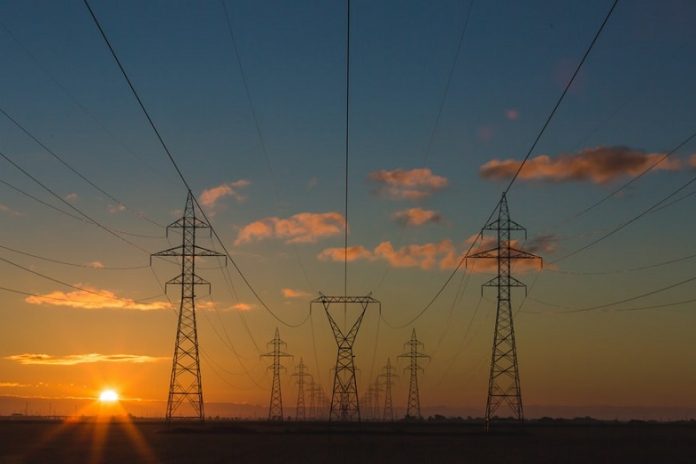The energy crunch in China will have greater consequences for the global economy than Europe’s energy squeeze.
Some Chinese regions are rationing energy to factories and two-thirds of the country experienced blackouts last week as China grapples with its worst power shortages in a decade.
According to the National Development and Reform Commission, which has broad planning control of China’s economy, 20 provinces have failed to meet their carbon goals for 2021. The provinces include Guangdong and Jiangsu, which account for more than a third of the country’s economic output.
Factories affected
Energy prices have more than doubled this year in China amid soaring electricity demand from factories and slower than expected output from the country’s coal mines. Twenty out of China’s 31 provinces are now rationing electricity, impacting aluminum, steel, cement, and fertilizer production. Power suppliers have told heavy energy users to reduce consumption in the daytime hours and for factories to alternate shutdowns every few days in China’s northeastern industrial hubs.
Last week, the Japanese bank Nomura warned of the potential for “another major supply side [global economic] shock,” saying the risks have “been underestimated or even missed.” Nomura, along with Goldman Sachs, has lowered economic growth projections for China and is now forecasting the country’s economy to contract by 0.2% this quarter with weak lower-than-expected growth thereafter.
That scenario, if it plays out, threatens to slow the global post-pandemic economic recovery and to cause higher inflation, warn economists. China’s energy crunch is “set to have a rippling effect across the world” from Asia to Europe, according to Howie Lee, an economist at Singapore’s OCBC Bank.
Official government figures suggest that Chinese factory activity last month shrunk to the lowest level since February 2020, when coronavirus lockdowns crippled the economy.
With Beijing ordering state-owned energy companies to secure supplies, global energy markets are likely to see a bidding war for supplies of coal and natural gas, boosting prices worldwide. Capital Economics, an economic research consultancy in London, told clients last week: “Power shortages seem unlikely to ease any time soon.”
“China’s power shortages are a reflection of the global strain in energy markets and won’t be resolved overnight,” said Julian Evans-Pritchard, the consultancy’s senior China economist. “Power rationing will constrain industrial activity until demand weakens enough to bring the domestic electricity market back into equilibrium,” he added.
Information from Bloomberg was used in this report.
Source: www.voanews.com










































